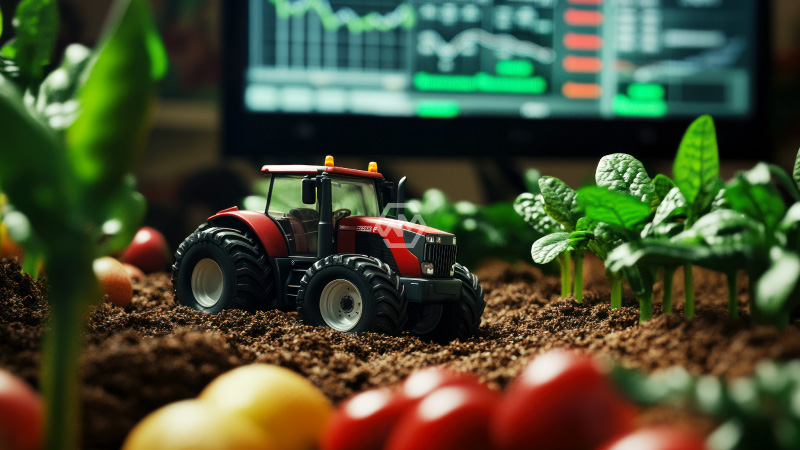- Bio-based agricultural lubricants are growing faster than traditional mineral oils, backed by eco-regulatory momentum.
- Major firms like Shell and ExxonMobil are leveraging R&D and regional investment to lead the transition.
- Market growth is being propelled by policy shifts, consumer ESG pressure, and technological improvements.
The global shift toward sustainable agriculture is creating fertile ground for bio-based lubricants, which are now outpacing conventional products in growth and adoption.
Major players like Shell and ExxonMobil are capitalizing on this momentum through strategic acquisitions and product innovation. Shell’s investments in synthetic ester technology and its rebranding of lubricant lines signal a long-term commitment to this sustainable pivot.
The New Oil Crop: Why Bio-Based Lubricants Are the Future of Sustainable Farming
Global environmental mandates are accelerating the transition to bio-based lubricants. The EU’s Renewable Energy Directive and North America’s VGP regulations are tightening the noose on conventional oil-based lubricants, especially in sectors like agriculture where runoff and soil contamination are real concerns. These frameworks are turning sustainability into a compliance requirement.
Early skepticism about the performance and cost-efficiency of bio-lubricants has waned. Recent advancements in synthetic esters and vegetable oil processing have brought these formulations on par with, or even ahead of, traditional lubricants. They now offer similar durability and thermal stability while being safer for the environment.
With over 35% of the global agricultural lubricant demand coming from the Asia-Pacific region, this market offers immense opportunity. Mechanization in agriculture is on the rise in China and India, and governments are incentivizing local production of green solutions. Investment in regional manufacturing, like Shell’s plant in India, reflects strategic foresight.
Despite the promise, challenges remain. Higher production costs, feedstock supply stability, and equipment compatibility are obstacles. Yet, subsidies, increasing ESG investments, and the circular economy model—such as recycling lubricants and packaging—are cushioning these risks and reinforcing long-term sector resilience.
Bio-based agricultural lubricants represent a paradigm shift in how farming machinery is powered. As regulations and sustainability goals reshape the global supply chain, companies that move swiftly and invest smartly in bio-based innovations will emerge as the industry leaders.
“The future depends on what you do today.” — Mahatma Gandhi



